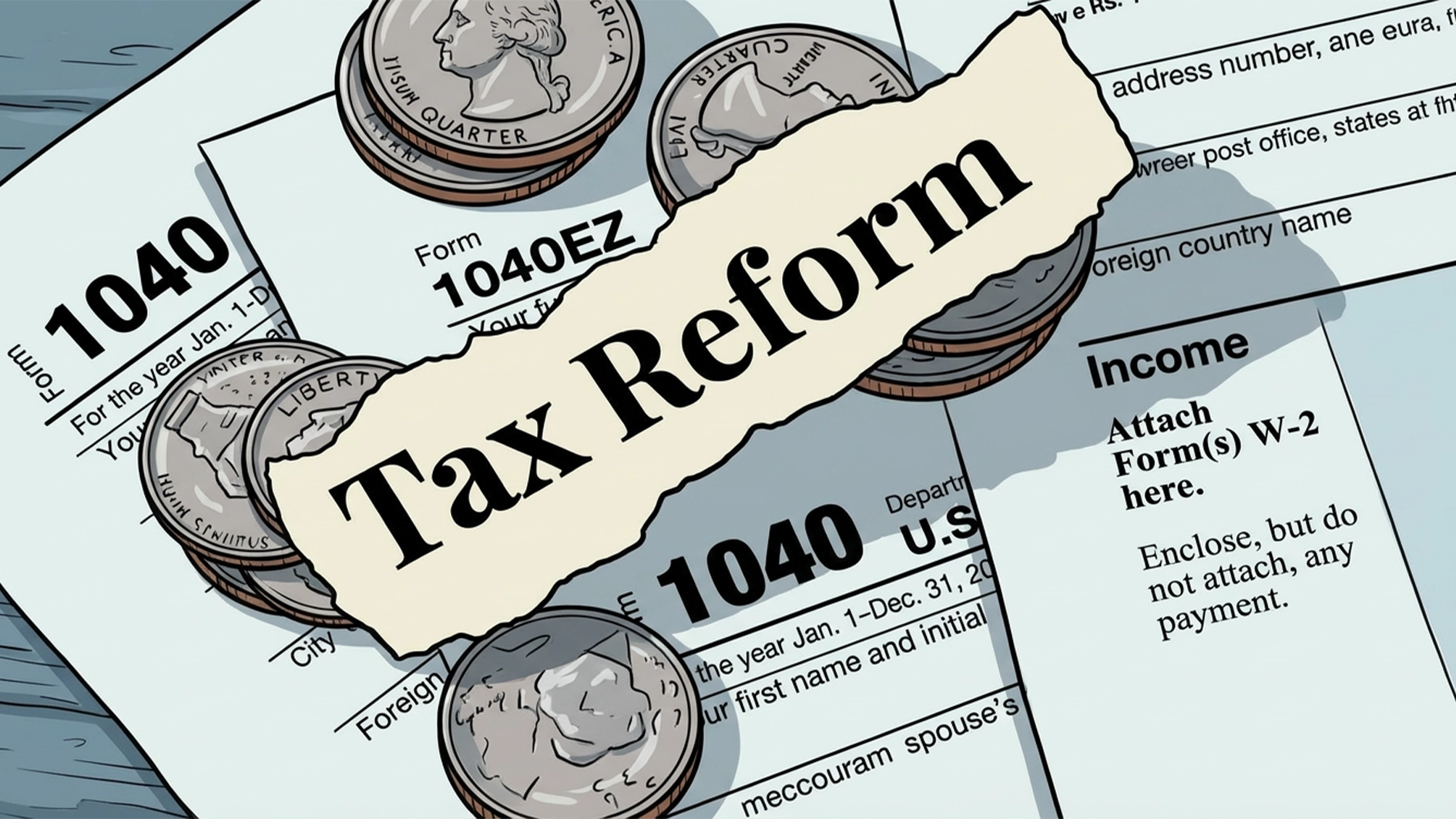Director-General, Manufacturers Association of Nigeria (MAN), Segun Ajayi-Kadir, has commended the Ogun State Government on its proactive and sustainable approach to managing plastic waste, especially single-use plastics in the state.
Expressing appreciation at the government’s initiatives aimed at reducing plastic waste, promoting recycling, and ensuring a cleaner environment, he particularly noted the resolve of the ministry to partner with manufacturers and other operators in the plastic value chain to advance its waste-to-wealth initiative.
These efforts, he said, aligned with MAN’s commitment to environmental sustainability and responsible manufacturing practices.
The Ogun State Government’s approach was presented by the Commissioner for Environment, Ola Oresanya, recently in Abeokuta during this year’s commemoration of World Environment Day, themed, Beating Plastics.
In his remarks, Oresanya highlighted “plastics for cash” and “blue box” initiatives as subsets of their sustainable approach to managing waste and converting the same to wealth in the state.
While the Plastics for Cash programme enables residents to exchange sorted plastic waste for monetary value or goods, creating income opportunities for youths, women, and informal waste collectors, the Blue Box initiative promotes structured house-to-house waste separation and collection, driven by the Ogun State Waste Management Authority. To strengthen these initiatives, Ogun State has constituted a Plastic Management Committee, made up of regulatory agencies, manufacturers, and academic institutions.
This committee, according to him, is responsible for promoting the implementation of EPR guidelines as defined by the national framework to support plastic buy-back programmes and job creation along the recycling value chain.
He pointed out that Ghana had embraced plastic-to-construction innovation, with companies like Nelplast transforming waste into affordable building materials. Similarly, he said the United States was pursuing a national recycling plan and innovation challenge to improve plastic recovery, design and energy efficiency.
“These models focus on circularity and not prohibition. As an advocacy organisation, MAN has cautioned against the ban and called for a more sustainable and beneficial approach to manage waste, similar to the one Ogun State has adopted. To this end, we urge all stakeholders in the management of waste and the protection of the environment to leverage the commendable initiative of the Ministry of Environment in Ogun State.”
Ajayi-Kadir reiterated the need for Lagos State to redirect its focus towards building an inclusive, data-backed and economically viable waste management system rather than imposing a blanket ban that risks widespread job losses, especially among SMEs, informal waste workers and women-led businesses.






